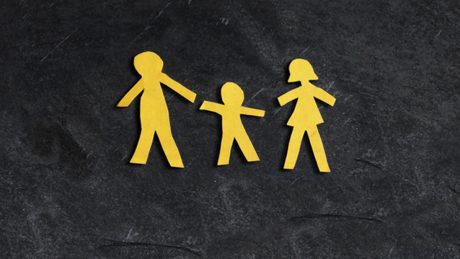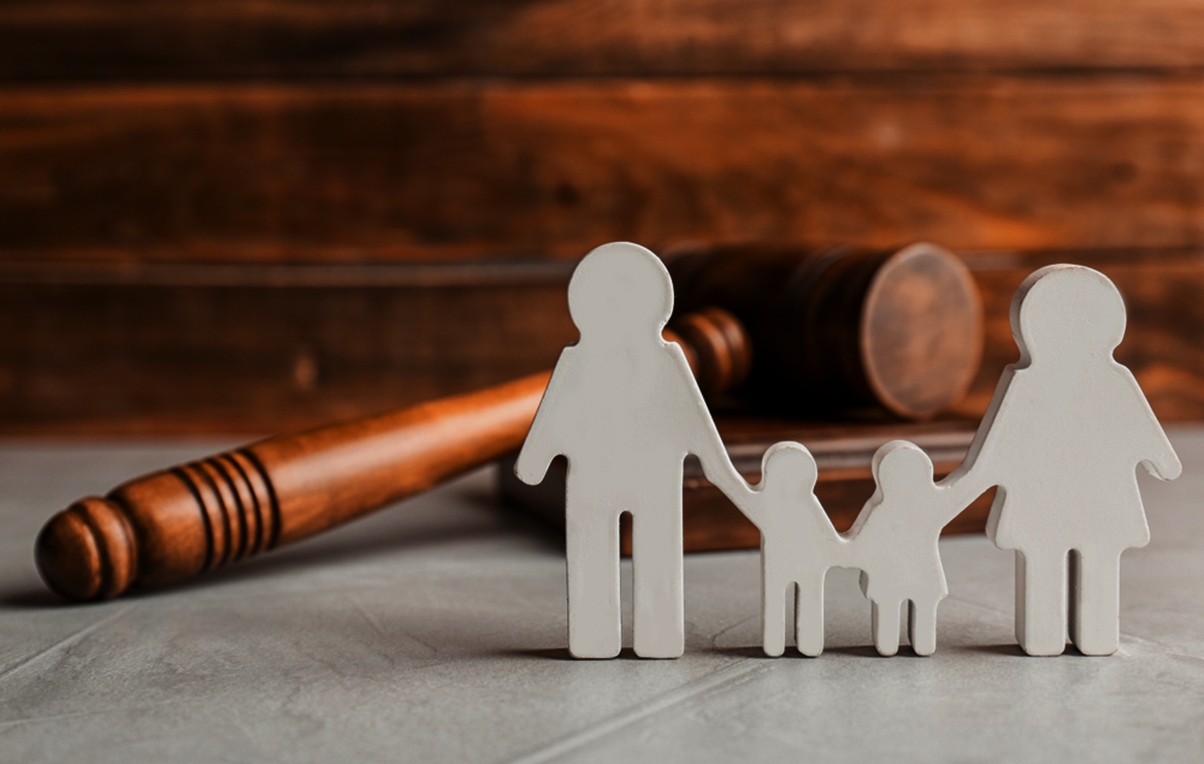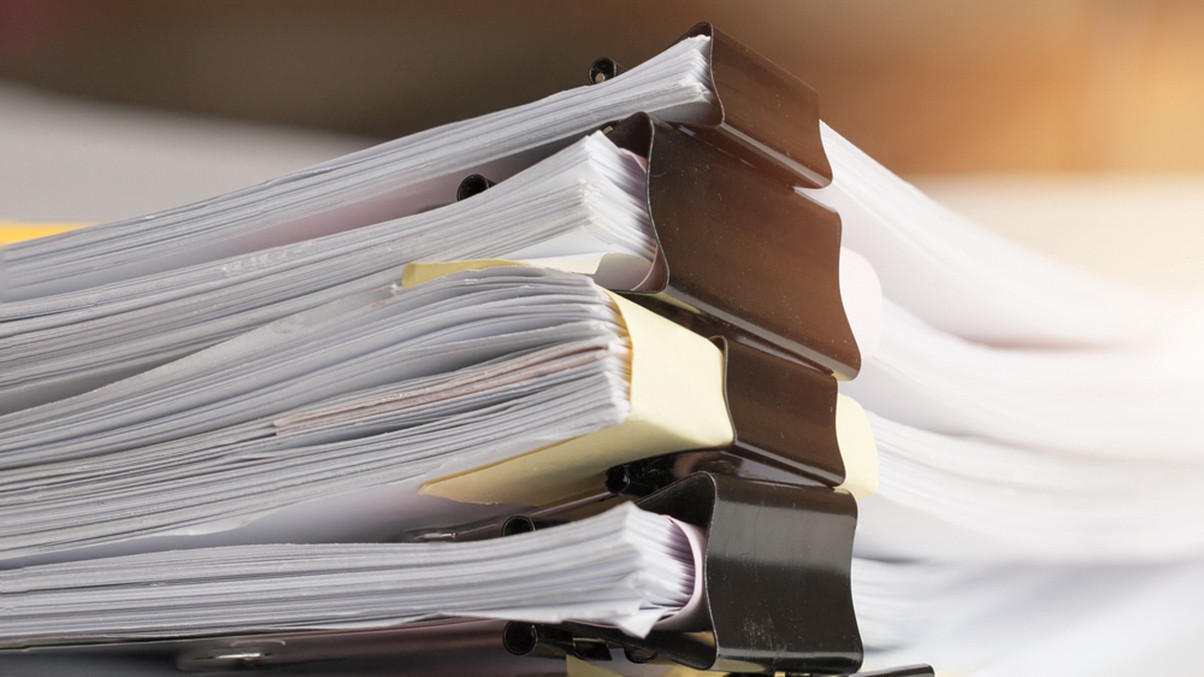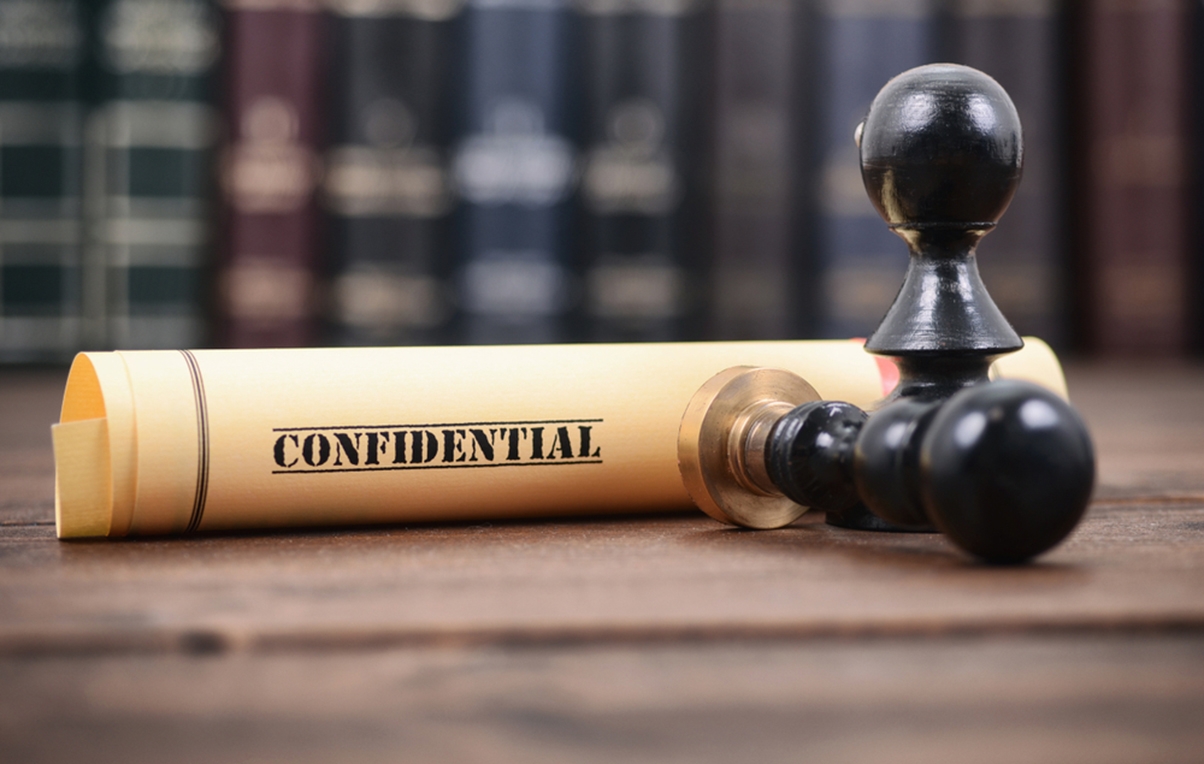As the world is increasingly exposed to technological advancements and accessible equipment, audio and video materials are more frequently relied on in the family court.
Senior Paralegal Katie Cruickshank examines the misuse of covert audio recordings in private children proceedings in a recent case, Re Children (Private Law: Covert Recordings: Adjournment of Final Hearing), which resulted in the adjournment of a hearing and six-month delay.
Facts of the case
This case involved a mother’s application permanently to remove her two children from the jurisdiction to live abroad. In the proceedings, the mother made domestic abuse allegations against the father. This is an important factor for the court to consider when assessing the risk of potential harm to the child and deciding whether an application should be granted. A three-day “fact-finding” hearing was listed to consider the evidence and determine whether the alleged incidents took place.
Both parents were permitted to file statements of evidence. The mother filed a statement together with an exhibit, which included purported transcripts from three conversations between the mother and father. The mother had covertly recorded these conversations and made no application to rely on them. Furthermore, she had failed to elucidate how she had selected and edited the recordings, leaving it to the father to raise these issues. The father had two weeks to object to these transcripts. However, he did not do so until he filed his position statement on the morning of the first day of the trial. In his statement, he asserted that the mother should have sought permission to rely on them.
On the first day of the hearing, it transpired that the mother had more than 100 recordings, and the transcripts within the exhibit were taken from a recording that was at least four hours and 40 minutes long. The father contended that there could be other relevant information in those recordings, some of which he may wish to rely on. The recordings were, therefore, disclosed to the father, but it was agreed an adjournment was necessary to give him the opportunity to consider them properly. This led to a six-month delay due to the lack of court availability.
If the mother had provided more information about the retrieval of the evidence and the father had raised the obvious complexities in advance of the hearing, the likelihood of the unnecessary delay would have been minimised, if not eliminated.
It should be noted that this case concerns the use of covert recordings of conversations between the parties. Another scenario that arose in the case of Re A (A Child) (Hague Convention: Wrongful Detention) was an application by one parent for permission to rely on covert audio recordings of contact/conversations with a child. The judge, perhaps unsurprisingly, strongly discouraged this practice and dismissed the application, emphasising that these recordings were a breach of trust between the child and the parent.
Practical considerations
This case stresses the importance of ensuring that early and proper consideration is given to disclosing covert audio recordings in family proceedings. As soon as covert audio recordings are introduced to the proceedings, examples of the type of questions practitioners should be asking are:
- Do the disclosed transcripts represent the edited portion of the recording(s)?
- Are there further covert recordings the other party is choosing not to rely on? If so, why are they choosing not to rely on these?
- Should we request the entire recording and any undisclosed recordings?
Seeking answers to these questions and investigating covert audio recordings from the outset of their introduction to proceedings will ensure both parties are working from the same material and reduce the likelihood of causing unnecessary delay.
Separately, there are evidential and practical issues surrounding audio evidence to consider. In an age where we not only have the ability to record an event at the click of a button, we also have the software to edit and produce footage to our favour. This, as well as the quality of recordings, is something further to consider when this type of evidence is introduced into proceedings.
Conclusion
Partner Debbie Chism comments:
“A working group is currently considering how covert recordings should be treated in family proceedings. It is a highly controversial subject. The use of these recordings has been robustly discouraged by the judiciary.
“The working group will offer further guidance to families and practitioners but, in the meantime, this judgment makes it clear that the difficult issues arising from covert recordings must be addressed swiftly and well in advance of any final hearing. If not, decisions for families will only be further delayed, leaving children and their parents in limbo for even longer than at present.”
The Divorce and Family Podcast
Private avenues for divorce proceedings, including mediation and arbitration, are also discussed on the Stewarts Divorce and Family Podcast.
Season one is now available on Spotify, Apple Music, Google Podcasts and other platforms, or you can listen on the player below. It covers topics including finances in a separation, what to expect in court, alternatives to court, common mistakes that can be avoided and co-parenting after a separation.
The podcast features leading lawyers from our Divorce and Family department and covers a wide range of topics to help individuals, advisors and others understand and navigate the many issues that can arise between a couple on separation. The podcast will cover all aspects of the work carried out by the department, from divorce and financial claims to issues concerning arrangements for their children.
You can find further information regarding our expertise, experience and team on our Divorce and Family pages.
If you require assistance from our team, please contact us.
Subscribe – In order to receive our news straight to your inbox, subscribe here. Our newsletters are sent no more than once a month.






